Becoming a Trauma-Informed Organization
“It was back in 2017 that Maggie Pascucci, a Wildwood Social Worker, and I went to the Capital District Adverse Childhood Experiences Symposium. Initially, we were thinking that this would be something that would benefit the people we support,” Marianne Simon PhD, says. Marianne is Wildwood’s director of behavioral and therapeutic supports. “The more we looked at it, the more we realized that being a Trauma-Informed agency and creating that environment would benefit everyone – staff, people we support and families.”
Organizations that create Trauma-Informed work environments enhance trust, respect, safety and wellness. It is believed that relationships are improved and better outcomes can be achieved with a Trauma-Informed approach. Becoming Trauma-Informed takes time for it to become ingrained into the culture. The initial introductory trainings are underway, starting with Wildwood’s Leadership. Over the next several months, there will be more communications, surveys, and skill building trainings to continue to educate us all and get everyone’s input as the trainings for all staff continue.
“We’ve begun the baseline trainings for Leadership in the organization and we have buy-in from that group and especially from our executive management team,” Tracy Blowers, strategic director of organizational development, says. “This isn’t a one and done process, it’s ongoing. This initiative can transform the way we show up for others – both interpersonally and organizationally.”
Research has shown that when organizations roll this effort out all at once, it can be too much and unsustainable. With that in mind we will be gradually introducing new tools and skill sets and along the way we will seek out feedback from all of Wildwood’s stakeholders.
“There is really no wrong place to start when it comes to adopting a Trauma-Informed philosophy. Each incremental improvement will help strengthen our entire organization and make Wildwood truly the best in our field,” Marianne says.
